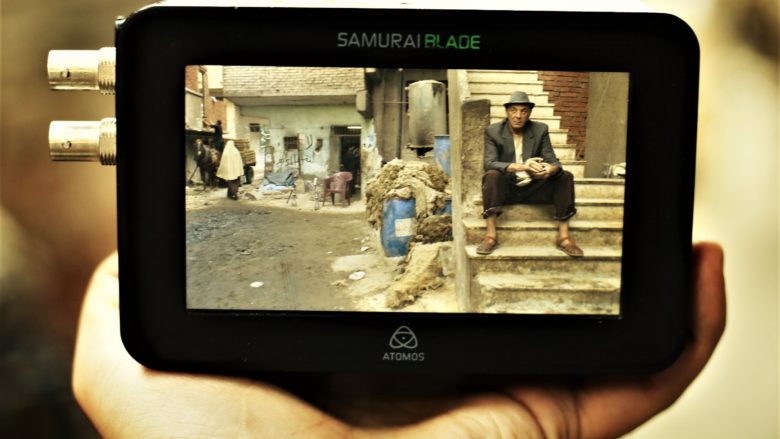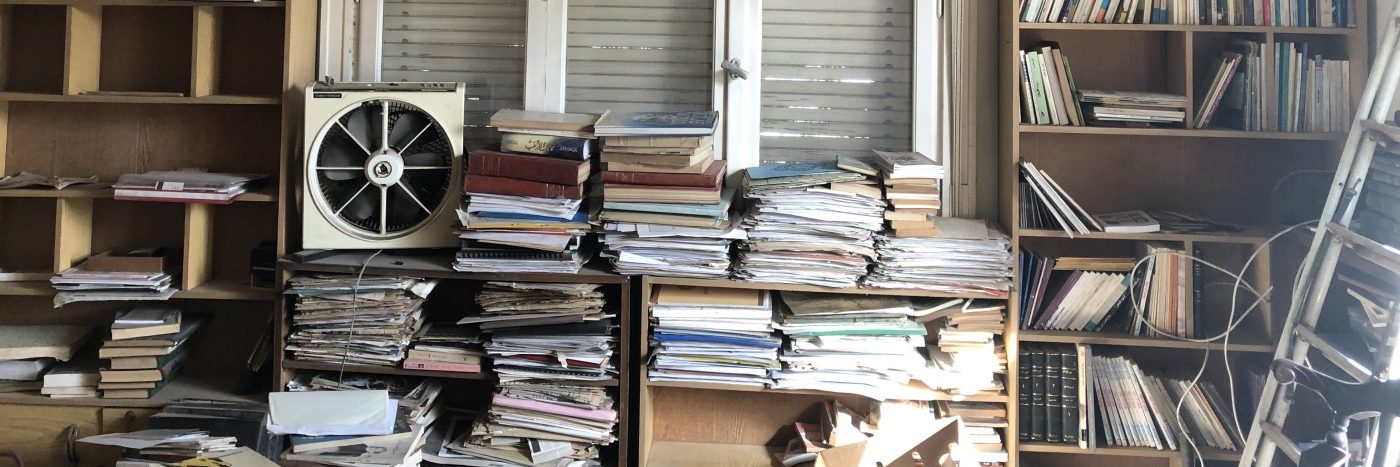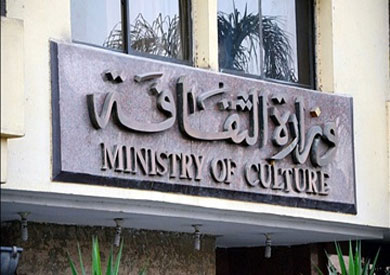The anthropology of cinema has been instrumental in describing the ‘unseen’ labour invested in making films. What has been less explored is that, within the filmmaking process, workers erase each other’s concrete effort in a similar manner. This process is what I call ‘reification’. Extending Georg Lukács’ reflections, I argue that the relations of production in filmmaking seem to be transformed into relations between things (images and sounds) in a recurring pattern throughout the filmmaking process. This transformation impacts every juncture in commercial film production in Egypt, and film workers manage its continuous impact via conventional means of recognition towards their concrete work. The overarching project is to understand, on one hand, how the serial erasure of concrete work contributes to creating the film as a commodity and, on the other hand, how workers find value in their work under conditions where their effort is consumed by the things that they produce. …



